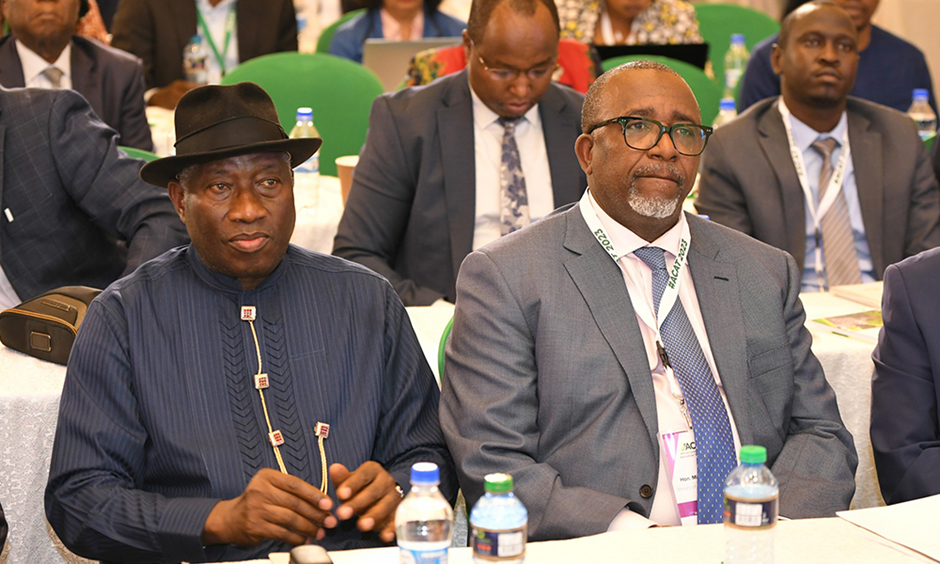Unlocking the Potential of African Agriculture Through Technology

Agriculture Minister Frank Tumwebaze’s call to customize agricultural technologies for different value chain stages, discussed at an African conference in Nairobi. He emphasizes the need for technology tailored to farmers’ needs, especially in rural areas, along with addressing issues like internet connectivity and climate-resilient farming.

Agriculture Minister Frank Tumwebaze has issued a formal challenge to researchers and advocates of agricultural technologies, urging them to tailor these innovations to align with the distinct stages of the value chain. This customization will enhance the applicability of such technologies to individual farmers.
During the official commencement of the five-day African conference on Agriculture Technologies in Nairobi, which aims to address impediments related to technology access, delivery, and adoption, Minister Tumwebaze articulated his perspective. He emphasized that for agricultural technologies to be truly effective, they must cater to the specific requirements of farmers.
Minister Tumwebaze delineated two categories of technology: physical machinery for large-scale agriculture mechanization and precision farming technologies, which involve observing, measuring, and responding to changes within crops. To enable the successful implementation of these technologies, he underscored the importance of supporting mechanisms.
He accentuated the need to focus on enhancing E-technologies in agriculture, acknowledging that some of these technologies require electricity and internet access. He implored the conference participants to deliberate on methods to expand electricity and internet connectivity in rural areas, which are currently underserved.
Minister Tumwebaze also highlighted the existing disparity in internet connectivity between urban and rural areas, emphasizing the need for improved access in the agricultural heartlands. Services like weather information, agricultural extensions, and market access are crucial for rural farmers, and a robust internet infrastructure is a prerequisite.
This call to action was echoed by Kenya’s Cabinet Secretary in the Ministry of Agriculture and Livestock, Mithika Linturi. He lamented the relative underdevelopment of Africa’s agriculture sector in comparison to other regions, such as South-East Asia, China, and Latin America. Linturi emphasized the persistent challenges faced by African agriculture, including climate change, pest infestations, weak market connections, low mechanization, and post-harvest losses.
Linturi stressed the necessity of making technological innovations accessible and pertinent to their intended beneficiaries. He highlighted the importance of affordable inputs, knowledge dissemination through agricultural extension services, and market linkages in addressing these challenges.

Former Nigerian President Goodluck Jonathan, the keynote speaker at the event and the AATF Goodwill Ambassador for Agriculture Technologies in Africa, added his voice. He pointed out that despite Africa’s abundant resources, the continent remains vulnerable to food shortages, aggravated by global disruptions like the COVID-19 pandemic and the Ukraine-Russian war. As the world’s population grows, the demand for food rises, while climate change threatens traditional agricultural practices.
Jonathan stressed the imperative for innovations that enhance production efficiency, sustainability, and climate resilience. These technologies should be tailored to meet the specific needs of all farmer groups, particularly small and medium-scale farmers who form the backbone of African agriculture. Resources, both financial and technological, should be made readily accessible to these farmers to encourage innovation, invention, and meaningful participation in economic development.







